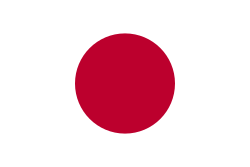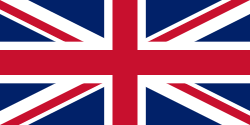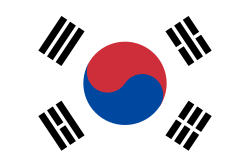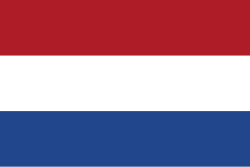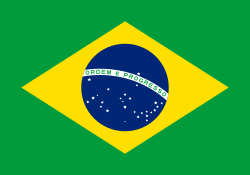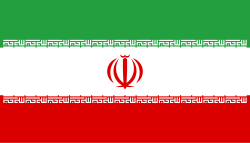Čo In-čchol
| Čo In-čchol | |
|---|---|
| Narození | 4. března 1976 (48 let) Čchongdžu |
| Alma mater | Yong In University |
| Povolání | judista a akademik |
| Zaměstnavatel | Yong In University |
| Některá data mohou pocházet z datové položky. Chybí svobodný obrázek. | |
| Přehled medailí | ||
|---|---|---|
| stříbro | LOH 2000 | polostřední váha |
| bronz | LOH 1996 | polostřední váha |
| Mistrovství světa v judu | ||
| zlato | MS 1997 | polostřední váha |
| zlato | MS 2001 | polostřední váha |
| bronz | MS 1999 | polostřední váha |
Čo In-čchol (korejsky 조 인철), (anglicky Cho In-chul), (* 4. března 1976) je bývalý korejský zápasník – judista, olympijský medailista z roku 1996 a 2000.
Sportovní kariéra
Judu se vrcholově věnoval jako student univerzity v Jonginu. V roce 1996 vybojoval bronzovou olympijskou medaili na olympijských hrách v Atlantě, když v semifinále nestačil minimálním rozdílem na šido na Japonce Tošihika Kogu. V roce 2000 mu v cestě za zlatou olympijskou medaili stál opět japonský soupeř, Makoto Takimoto. Sportovní kariéru ukončil po zisku druhého titulu mistra světa v roce 2001.
Od roku 2014 působí jako hlavní trenér jihokorejské reprezentace.
Vítězství
- 1997 - 1x světový pohár (Paříž)
Výsledky
| Turnaj | 1995 | 1996 | 1997 | 1998 | 1999 | 2000 | 2001 | ||||||||||||||
|---|---|---|---|---|---|---|---|---|---|---|---|---|---|---|---|---|---|---|---|---|---|
| 19 | 20 | 21 | 22 | 23 | 24 | 25 | |||||||||||||||
| polostřední váha | |||||||||||||||||||||
| Olympijské hry | 3. | 2. | |||||||||||||||||||
| Mistrovství světa | — | 1. | 3. | 1. | |||||||||||||||||
| Asijské hry | 1. | ||||||||||||||||||||
| Mistrovství Asie | 2. | 2. | — | — | — | — | |||||||||||||||
| MS juniorů | 2. | ||||||||||||||||||||
Reference
Externí odkazy
- Čo In-čchol v databázi Olympedia (anglicky)
- Výsledky a novinky Čo In-čchola na Judoinside.com
Média použitá na této stránce
Olympic Rings without "rims" (gaps between the rings), As used, eg. in the logos of the 2008 and 2016 Olympics. The colour scheme applied here was specified in 2023 guidelines.
Olympic Rings without "rims" (gaps between the rings), As used, eg. in the logos of the 2008 and 2016 Olympics. The colour scheme applied here was specified in 2023 guidelines.
Georgian flag in Pantone MS.
Flag of Iran. The tricolor flag was introduced in 1906, but after the Islamic Revolution of 1979 the Arabic words 'Allahu akbar' ('God is great'), written in the Kufic script of the Qur'an and repeated 22 times, were added to the red and green strips where they border the white central strip and in the middle is the emblem of Iran (which is a stylized Persian alphabet of the Arabic word Allah ("God")).
The official ISIRI standard (translation at FotW) gives two slightly different methods of construction for the flag: a compass-and-straightedge construction used for File:Flag of Iran (official).svg, and a "simplified" construction sheet with rational numbers used for this file.
This is the national flag of Belgium, according to the Official Guide to Belgian Protocol. It has a 13:15 aspect ratio, though it is rarely seen in this ratio.
Its colours are defined as Pantone black, Pantone yellow 115, and Pantone red 032; also given as CMYK 0,0,0,100; 0,8.5,79,0; and 0,94,87,0.
